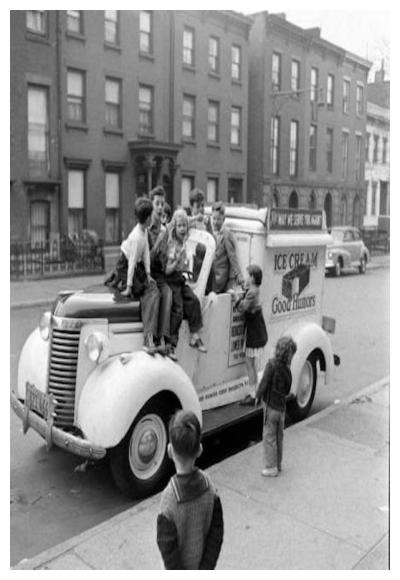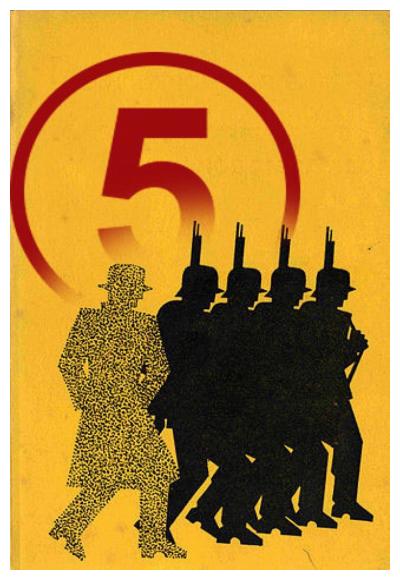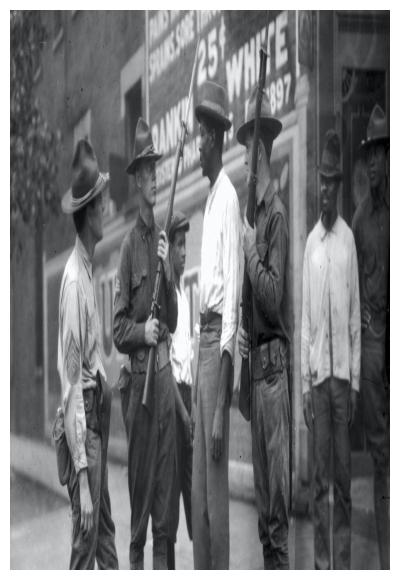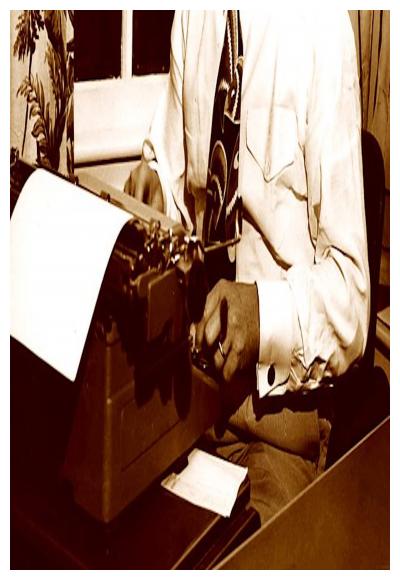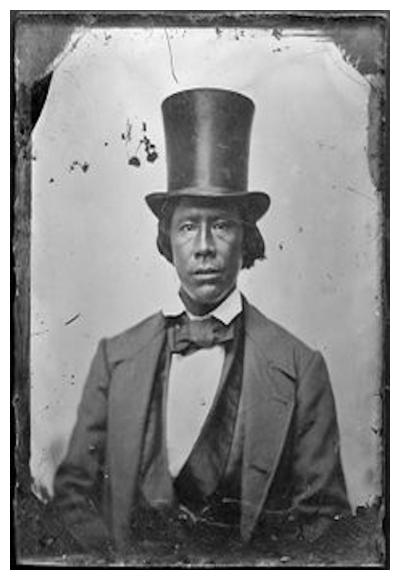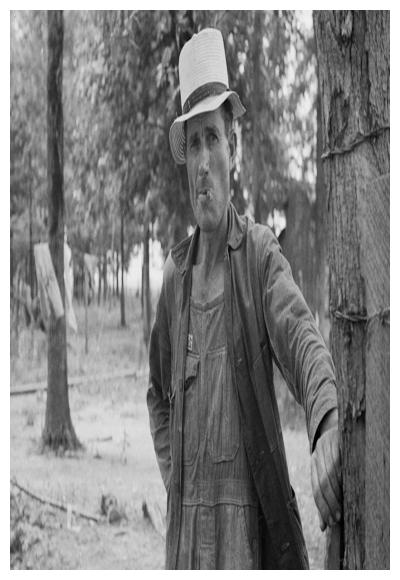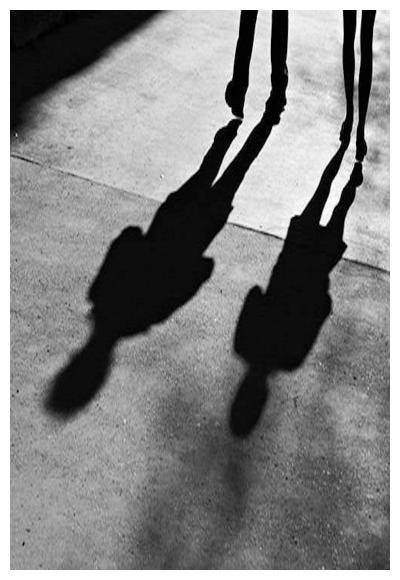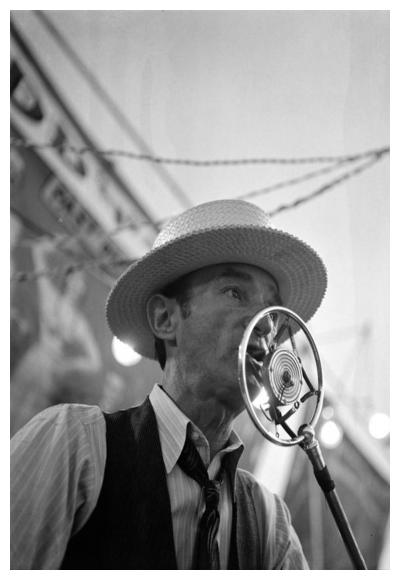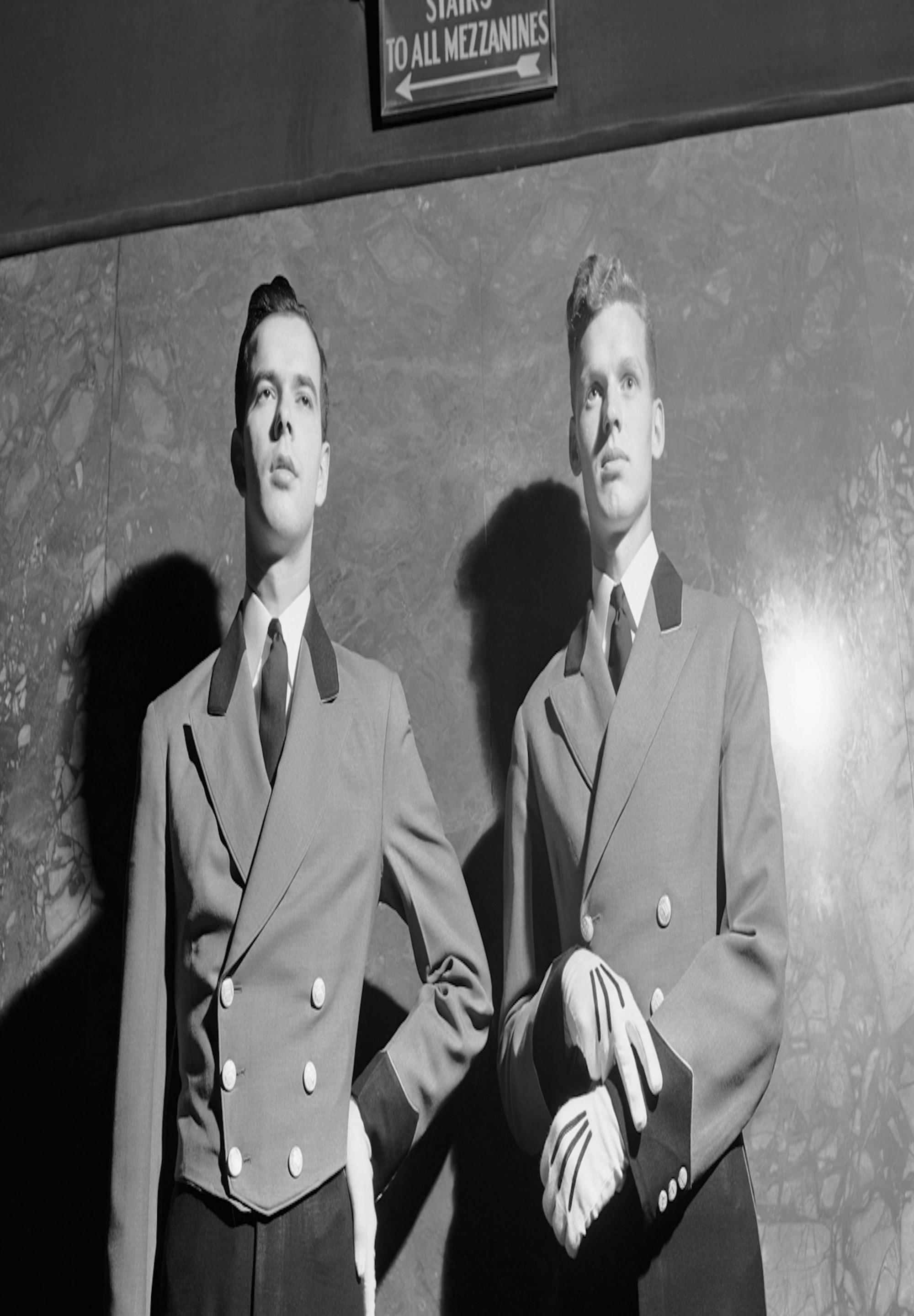
Synopsis/Details
"Watch the Stairs" is set in the lobby of an old movie house in New Orleans, but it deals with the allure of anonymous intimacy in the galleries of the theater. The script is about a naïve sixteen-year-old boy’s first day of work as an usher at the second-run Joy Rio Cinema, where the film "All About Eve" is playing during the summer of 1951. At the start, the young man is being shown the ropes by an older usher named Carl Meagre, who cautions the new employee not to let people go up to the box seats in the upper balcony.
In "Watch the Stairs", at least according to the boy’s older co-worker (who has been at this job for ten years), the manager, Emil Kroger, initiates new male employees with a figurative, as well as literal, trip up the forbidden stairs—which thus represent, not a romantic escape to a new Eden, but the road to knowledge of a decidedly earthly, even transgressive, corporeality. As the action chaotically escalates, Carl makes this allegation-cum-warning essentially a charge of sexual abuse against Mr. Kroger—a charge that raises psychological as well as ethical issues.
The main focus in "Watch the Stairs", however, is on the shy teenager enduring his first few hours on the job. To pass the time, he and Carl watch Bette Davis on the screen as she bites down on a piece of celery as if she is fellating it (or worse)—at which moment a girl bolts past them to the balcony. This leads to an all-out conflict between Mr. Kroger and Carl, who explodes, quits, and goes upstairs himself, ripping off his uniform along the way.
That leaves the young usher to deal with another girl, a talkative teenager named Gladys. This boy may have little experience of sex or the world, though he tells us that he has published two poems. His future poems may improve, moreover, if he makes the decision to go upstairs and join the lascivious nymphet beckoning him. Will the new hire give in and let Gladys have what she wants? Or will he just stand there and—watch the stairs?
Story & Logistics
Story Type:
Rite of Passage
Story Situation:
All sacrificed for passion
Story Conclusion:
Bitter-sweet
Linear Structure:
Linear
Moral Affections:
Impurity, Innocence
Cast Size:
Several
Locations:
Single
Special Effects:
Minor cgi
Characters
Lead Role Ages:
Female Teenager, Male Teenager, Male Young Adult
Hero Type:
Anti-Hero
Villian Type:
Authority Figure, Bully
Stock Character Types:
Boy next door
Advanced
Adaption:
Based on Existing Fiction
Subgenre:
Comedy, Sex, Sexual/Erotic, Teen/Teen Sex, Teen/Youth
Subculture:
Bohemianism
Action Elements:
Physical Stunts
Equality & Diversity:
Intolerance Focused
Life Topics:
Adolescence, Coming of Age, Loss of Virginity
Super Powers:
Physical or mental domination
Time Period:
The Fifties (1950–1959)
Country:
United States of America (USA)
Time of Year:
Summer
Illness Topics:
Psychological
Relationship Topics:
Abusive relationship, Affinity, Mating, Same-sex, Sexuality
Writer Style:
Tennessee Williams

